BEST VIP CLUB!

BEST VIP CLUB!
200% Bonus
Article
12:53, 15.07.2025

Snapchat is constantly discovering new ways to make online communication more personal. One of the most original features to date is the Friends Solar System on Snapchat. If you're a Snapchat Plus user, you've likely seen the small planet images on friends' profiles. These aren't just decorations—each planet reflects your level of closeness in communication. In this article, you'll learn what the planets in Snapchat are, how they're arranged, and what they mean.
The Friends Solar System on Snapchat is a gamified visualization of your relationships within the app. It's only available to Snapchat Plus users. You are the Sun, and your eight closest friends are the planets orbiting around you.
The closer a planet is to the Sun, the tighter your communication. The order of the planets is based on the frequency of communication, snap exchanges, and streaks. It's important to know that this is private information, and your friends can't see their position in your system unless they also have a Plus subscription.
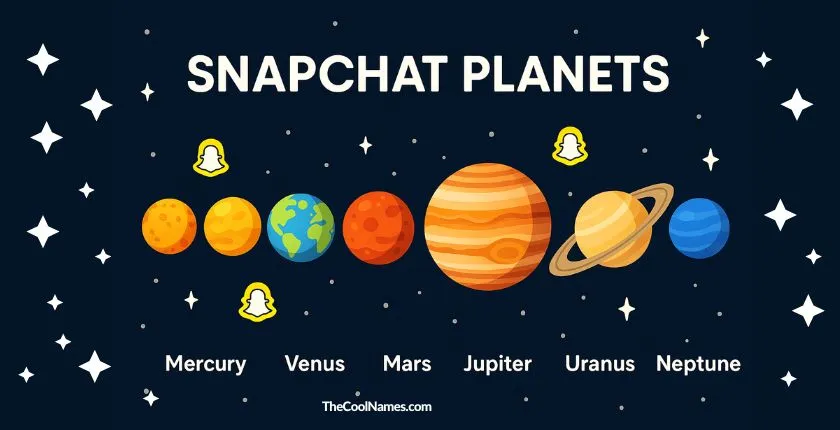
Snapchat mimics the real Solar System: from Mercury (your closest friend) to Neptune (the eighth). Each planet corresponds to a specific friend from your "Best Friends" list.
The app automatically assigns a planet to each friend based on the frequency of communication. The more you communicate, interact, and engage with specific friends, the closer their planet status will be to you.
For example, if you communicate the most with one particular person—they will be assigned Mercury status. If the contact is less active but still among the top 8—they will be Neptune.
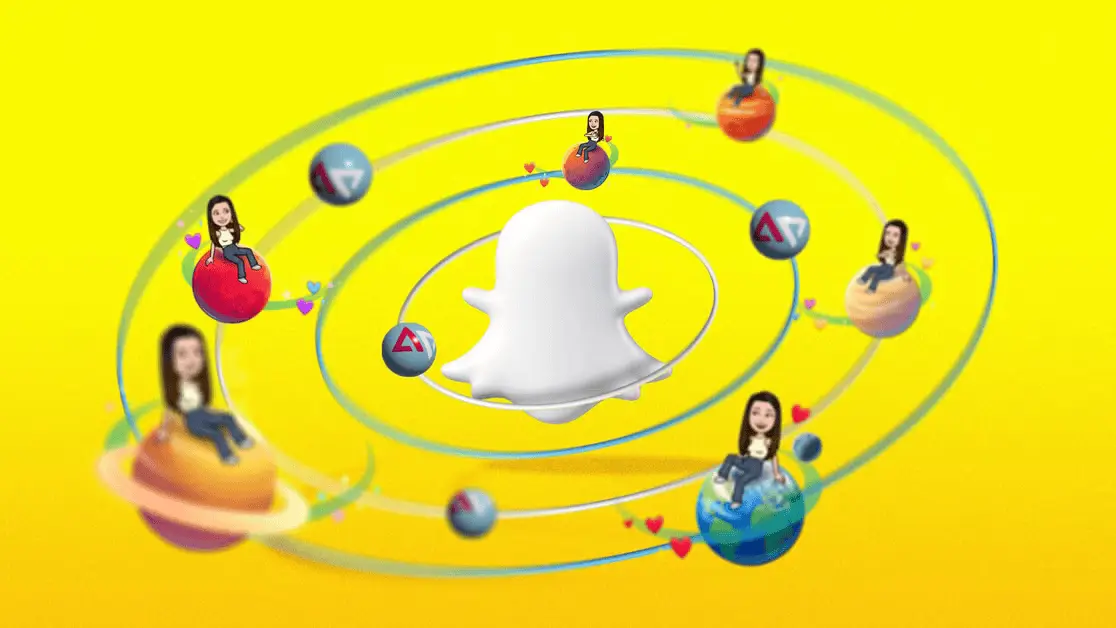
The arrangement of the planets completely mirrors our real Solar System. Here's how the structure looks—from the closest to the least active contacts:
Planet | Position | Explanation |
Mercury | 1 | Closest friend, daily communications, and long interactions |
Venus | 2 | Strong connection, frequent snap exchanges and communication |
Earth | 3 | Stable and reliable friend with whom you often chat. |
Mars | 4 | Lively and emotional conversations, but somewhat less interaction. |
Jupiter | 5 | A friend you may talk to less, but still interact with, sharing common interests |
Saturn | 6 | Infrequent but meaningful communication. Occasional profile and post interactions |
Uranus | 7 | Rare moments of communication, practically no interaction or very |
Neptune | 8 | Least or no interaction and communication among best friends |
If the level of interaction changes, so does the planet. Someone who was Neptune can eventually become Mercury.
Each planet has its own visual design—colors, emojis, and other elements that help quickly understand the level of closeness.
1. Mercury
Mercury is the first planet in the Solar System, so in Snapchat, it plays the same role, representing your top best friend among all. In the app, it's a light pink planet with five pink hearts. This is the person you communicate with the most and who likely responds to you just as actively. Your interactions are frequent, lively, and energetic.
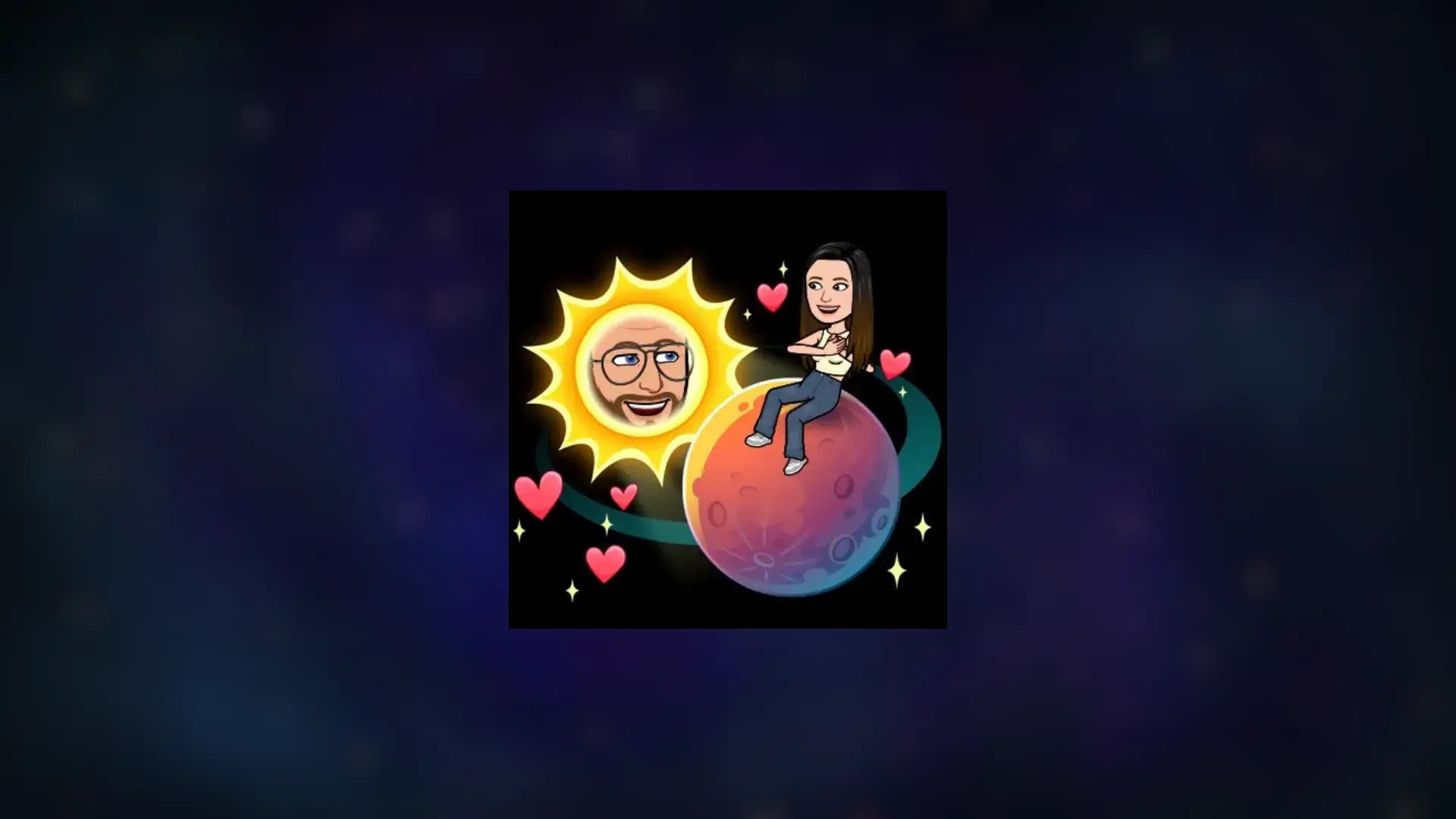
2. Venus
The next planet is Venus. It indicates the second closest friend on Snapchat. It's still a tight connection, though slightly less intense than with Mercury. You likely send snaps to each other regularly and chat, although maybe not every day. The planet is depicted in light brown with emojis: pairs of pink, yellow, and blue hearts.
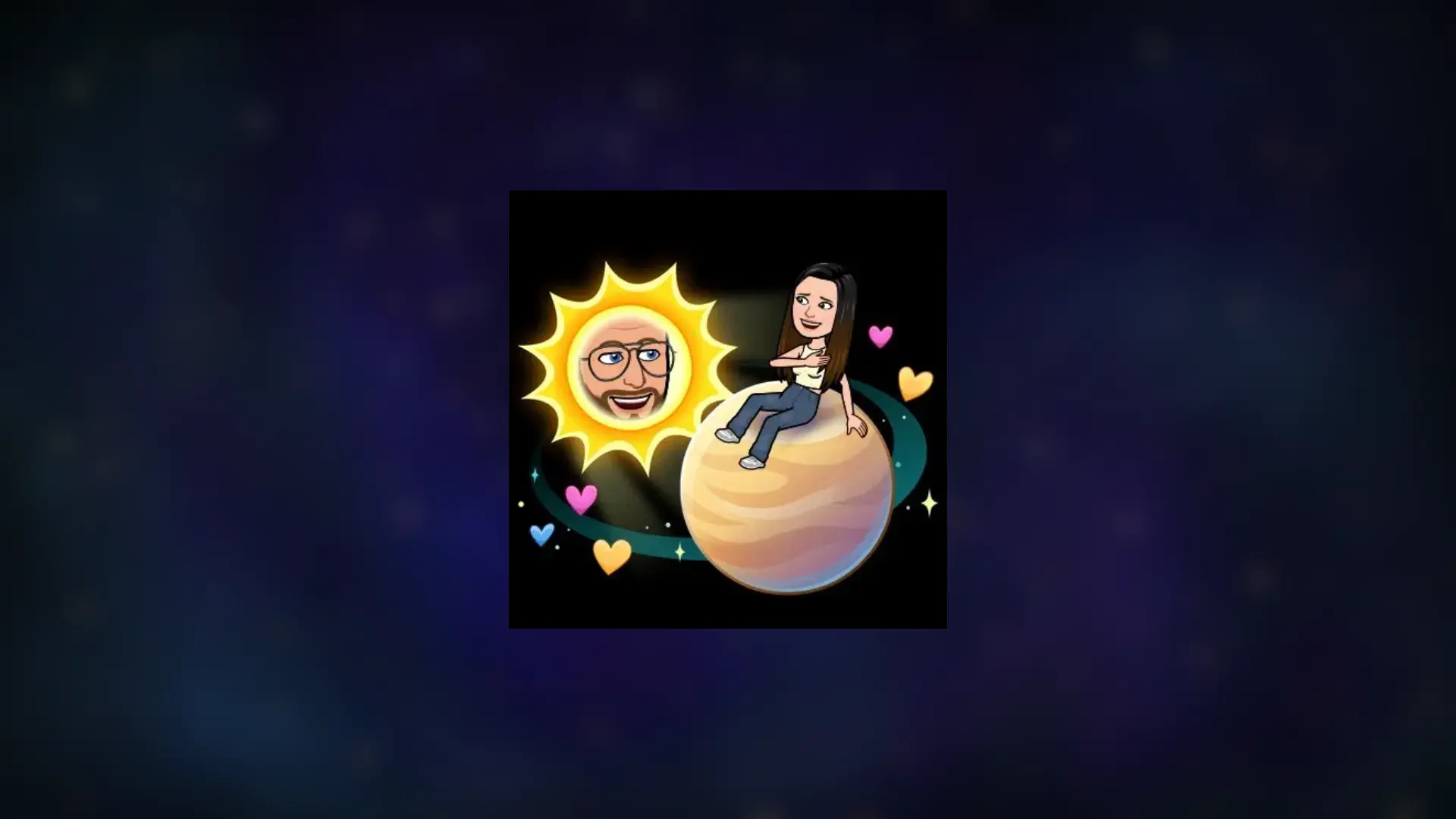
3. Earth
The third planet from the Sun is Earth. It symbolizes the third closest friend. This is a stable and trusting connection. You might not chat constantly, but there's consistency and support in your friendship. The native planet is easily recognizable—with the Moon and red hearts with stars depicted around it.
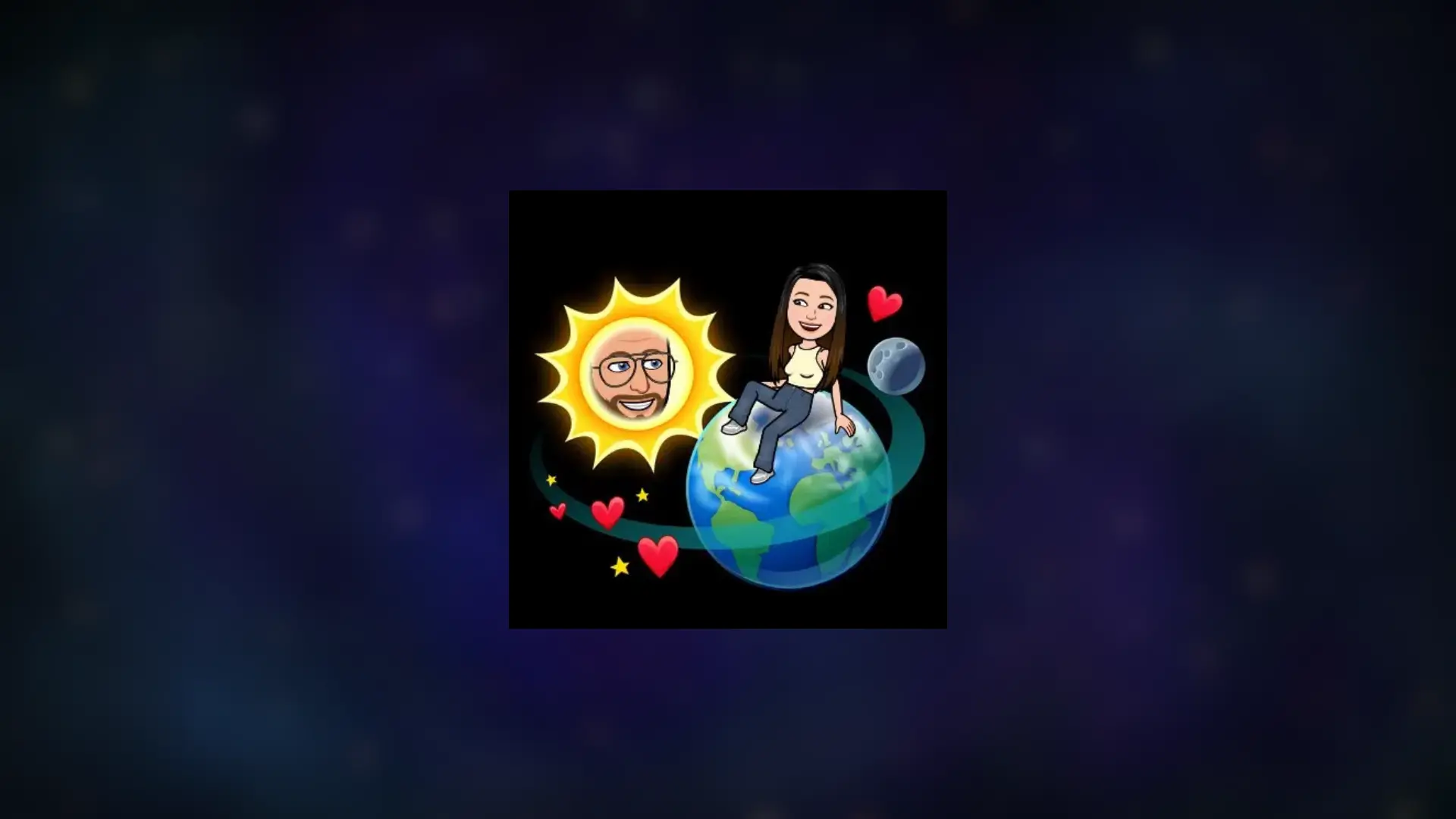
4. Mars
This is your fourth closest friend. The person may not necessarily reach out every day, but your conversations are emotional, fun, or based on common interests. Mars is predominantly orange with purple or blue hearts.
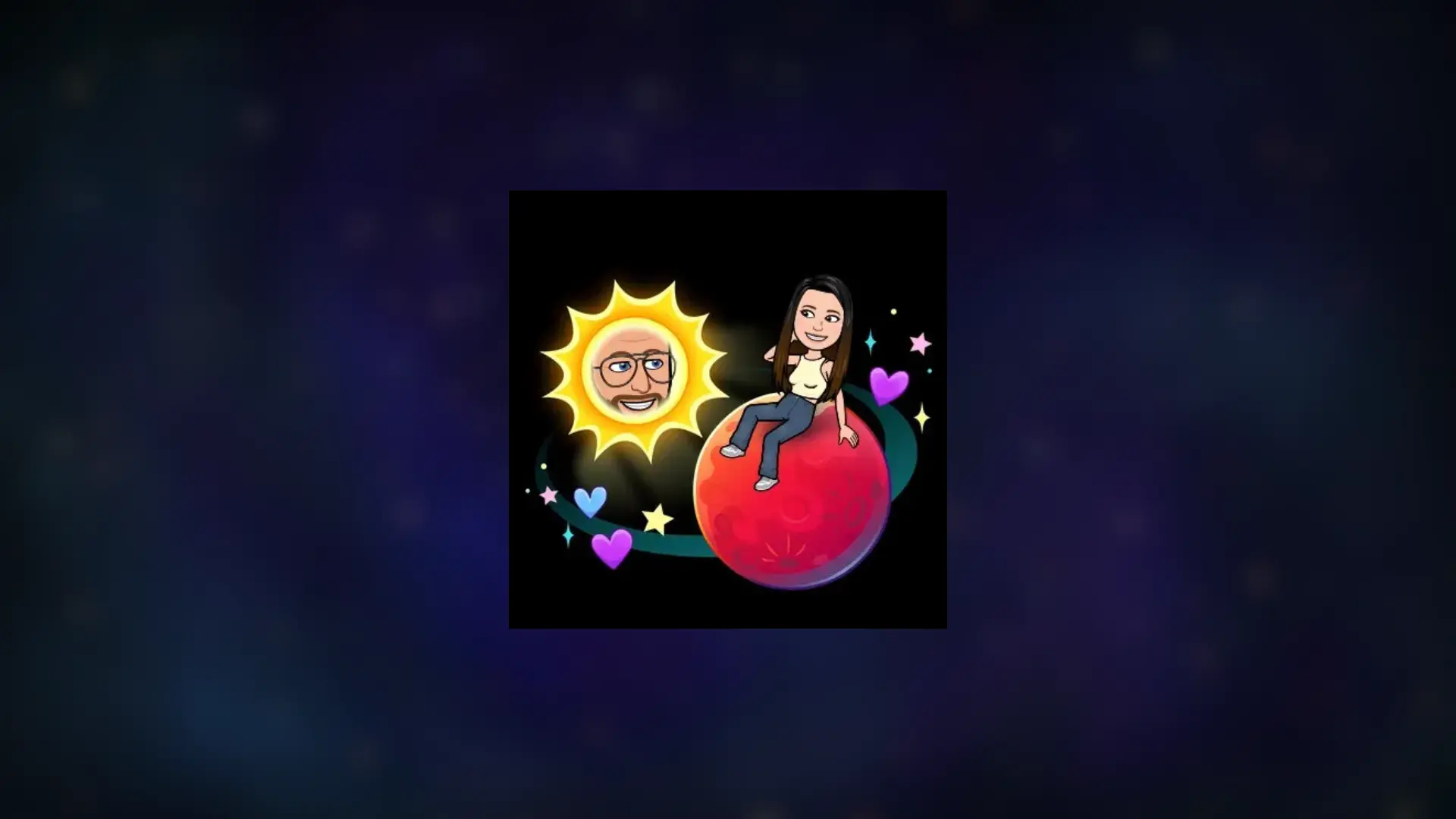
5. Jupiter
The largest planet symbolizes a friend with great charisma. They are in the fifth position on the list: you still maintain contact, but not as often. The snap streak might gradually fade, and messages become rare. Visually, Jupiter remains warm, though less expressive than the closer planets.
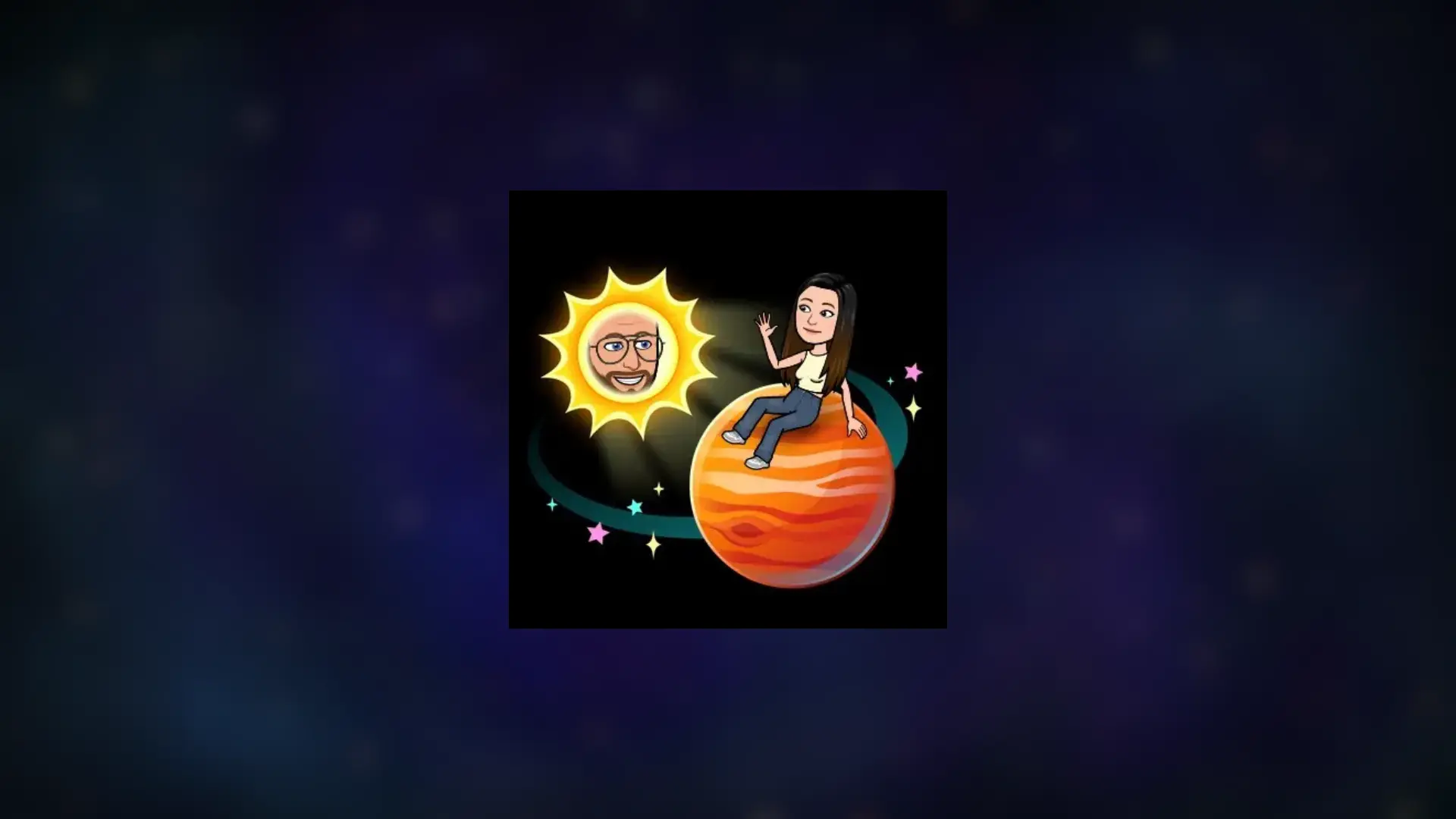
6. Saturn
Saturn embodies stability—but at a distance. This is the sixth friend in your system. You probably reach out to them for advice or support, but communicate through Snapchat infrequently. This planet is easily recognized by its characteristic rings; the Bitmoji is depicted on a calm background.
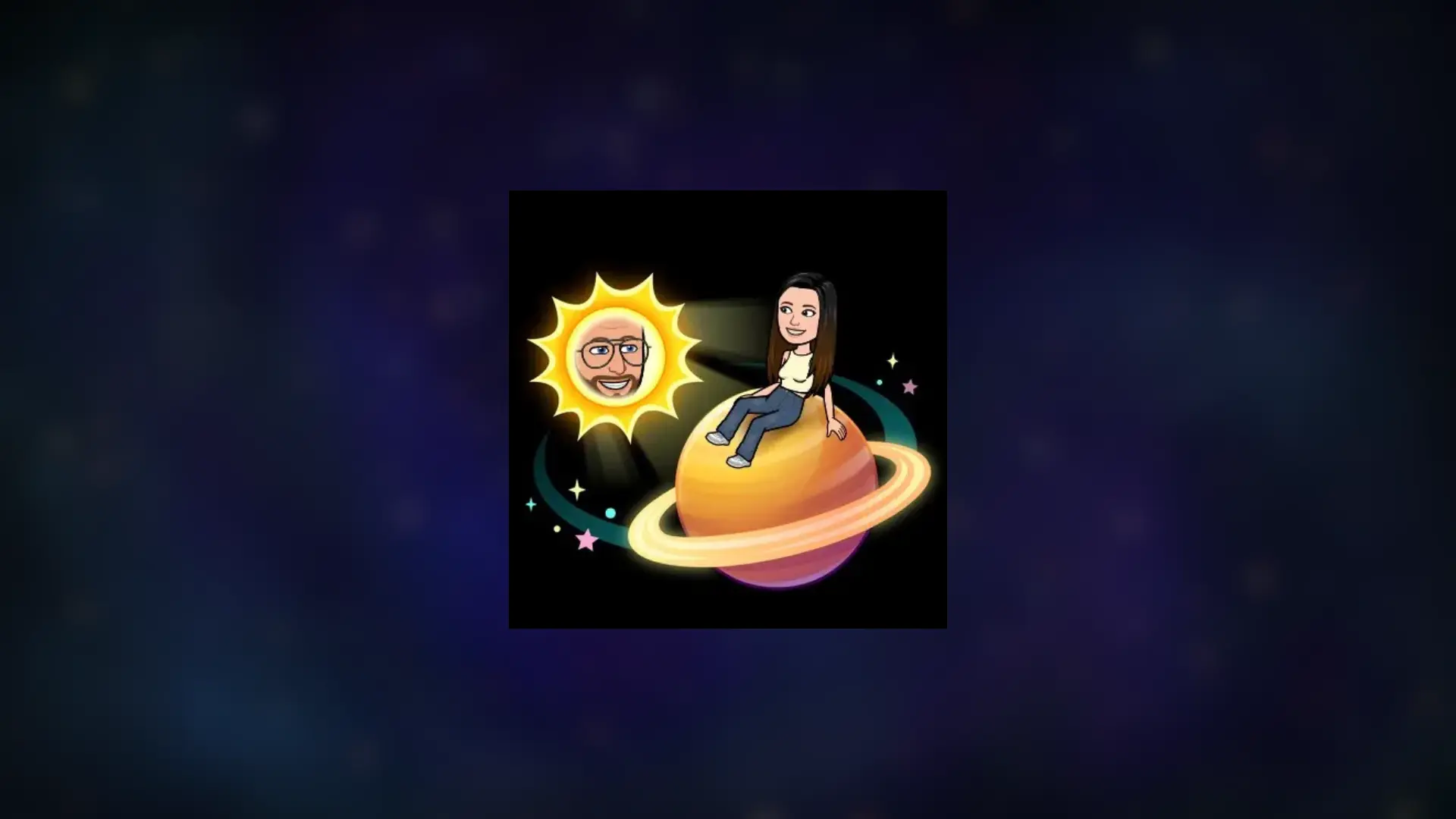
7. Uranus
The seventh position in your Snapchat system. Interactions here are rare. You might still respond to stories or occasionally send messages, but the friendship is no longer as active. The planet appears in greenish tones, without much decoration—everything is restrained.
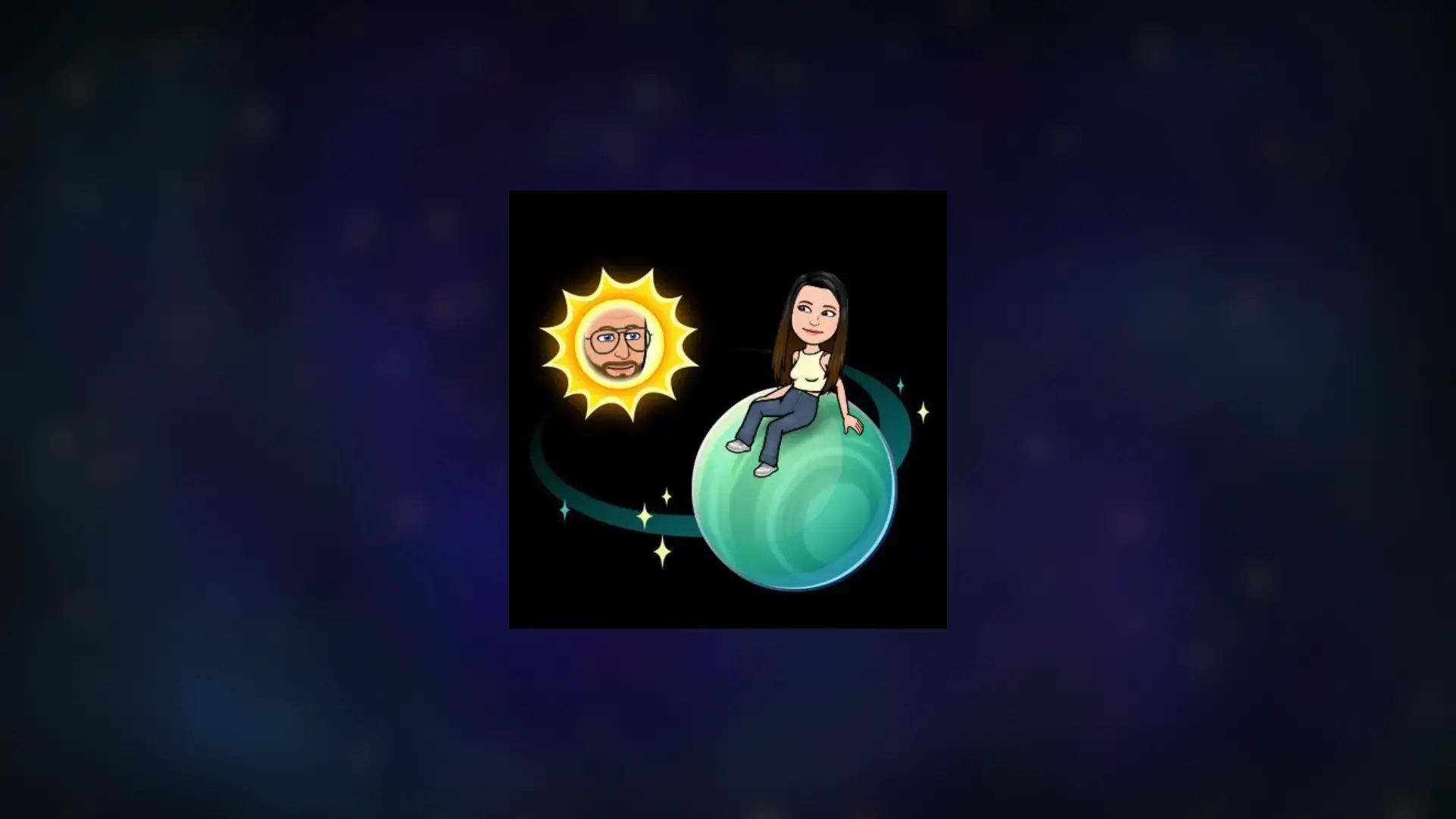
8. Neptune
The last planet in the Snapchat Solar System. This is the most distant connection among your eight best friends. If someone appears as Neptune, it's likely you haven't communicated in a while, but once had a closer connection that still keeps you on the close friends list. The planet has a cool blue tint and creates a feeling of loneliness—just like the connection it symbolizes.
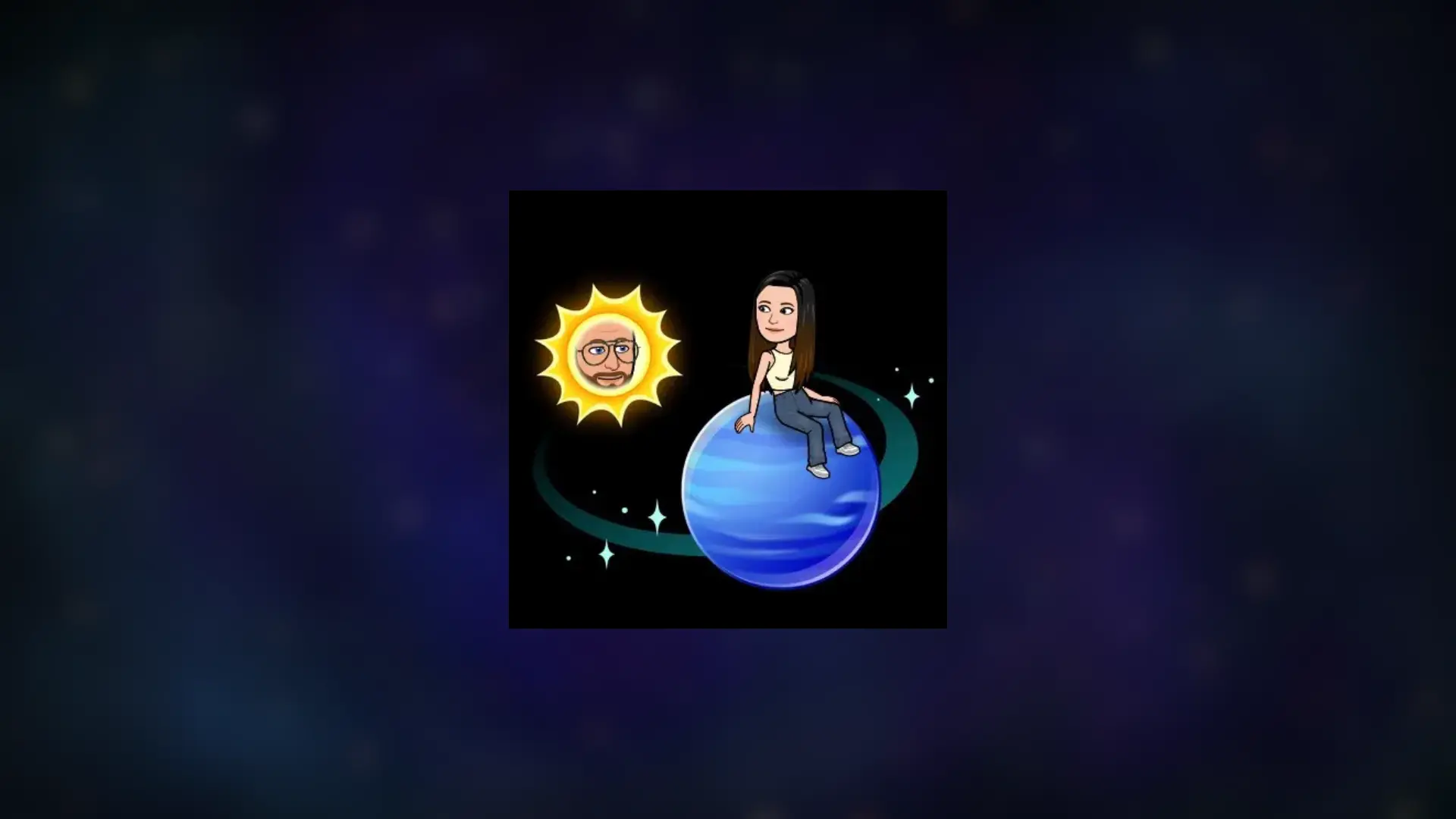
To find out who you are in a friend's system (Mercury, Venus, etc.), you need a Snapchat Plus subscription. Then follow these steps:
This system changes based on interaction frequency and can update every few days.
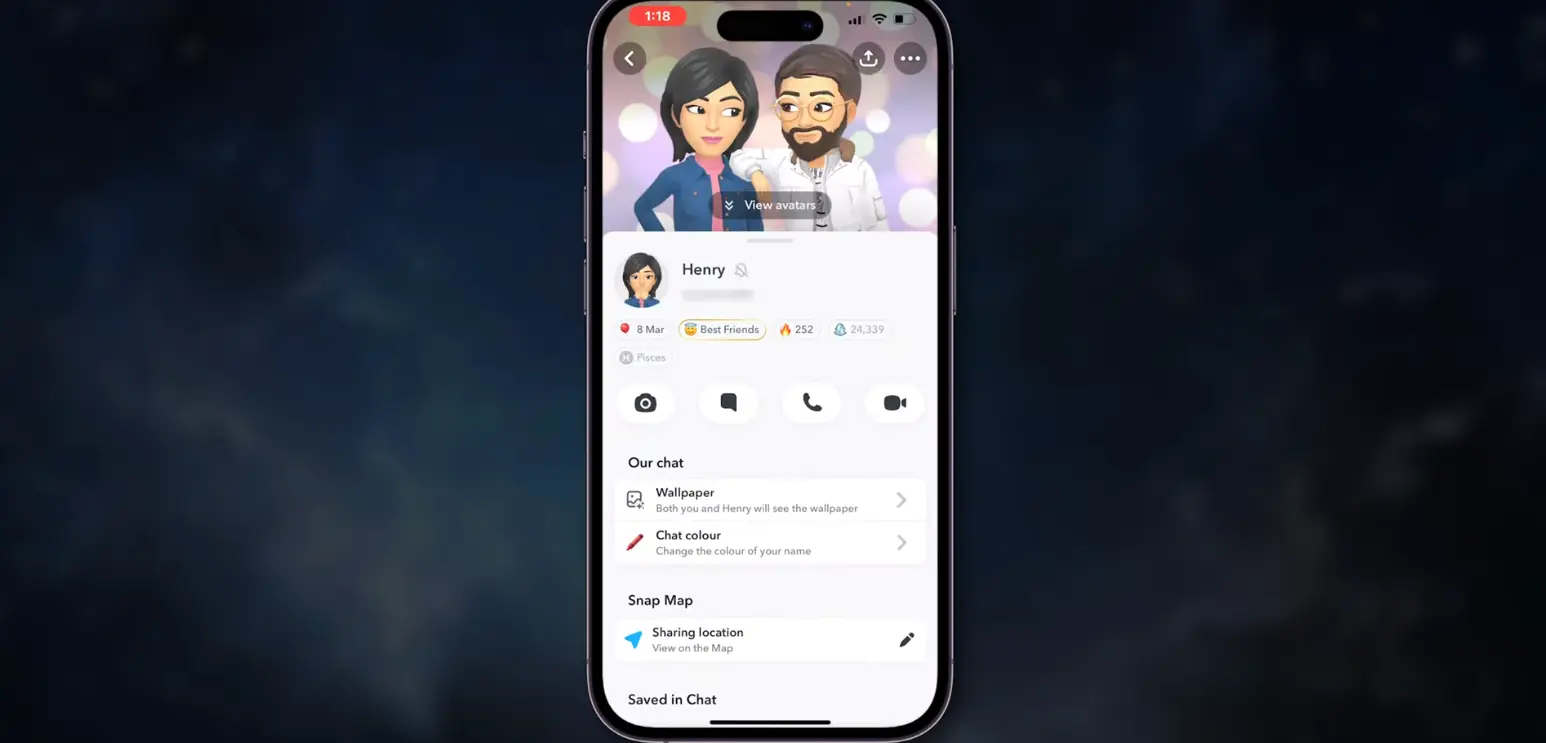
To access the "Solar System" feature, you first need a Snapchat Plus subscription.
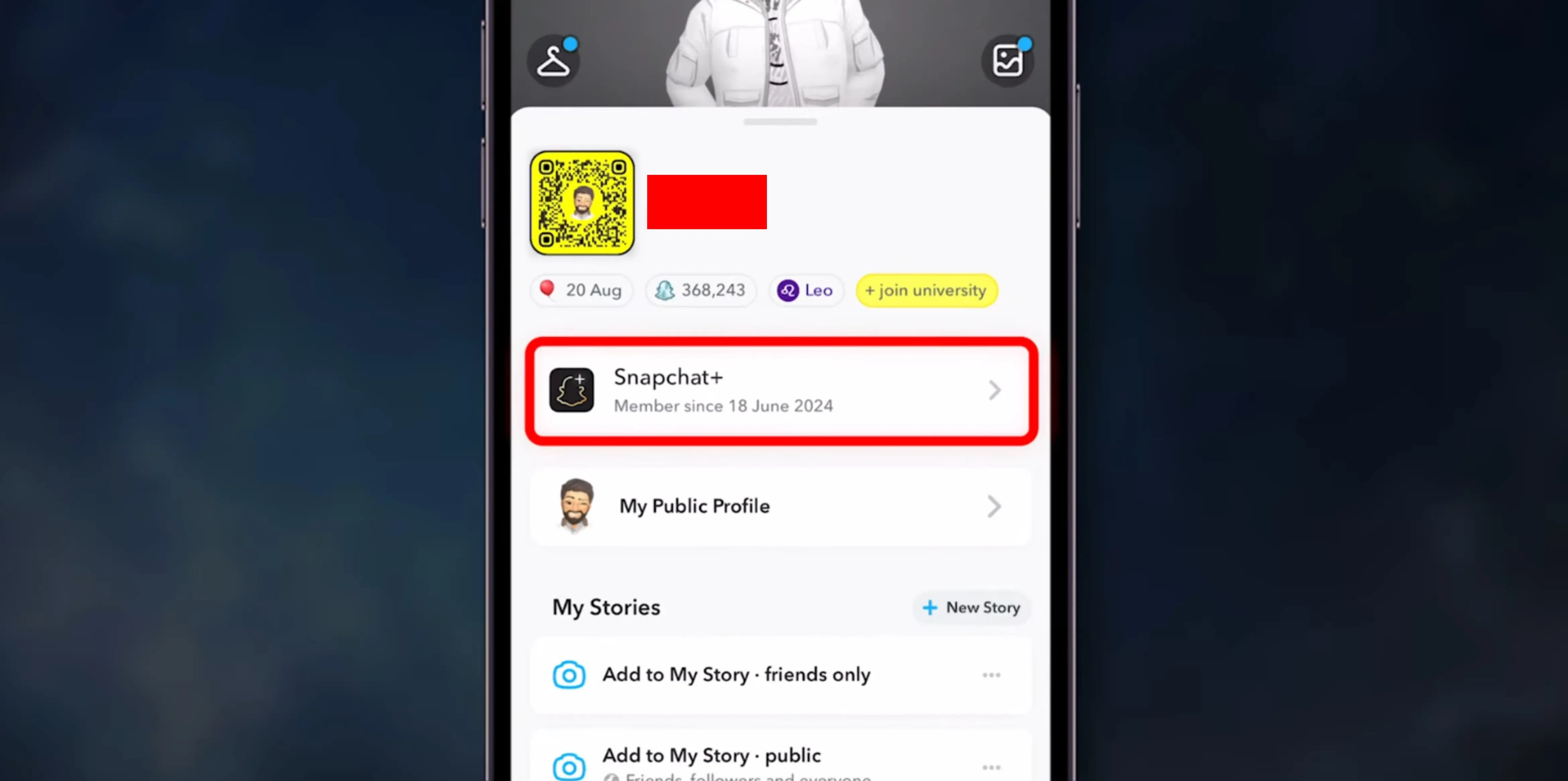
The feature is typically disabled. To enable it, follow these steps:
To disable the Solar System feature in Snapchat:
Follow the same steps—just toggle the corresponding switch to the opposite position. This allows you to maintain privacy and avoid comparisons that might cause discomfort.
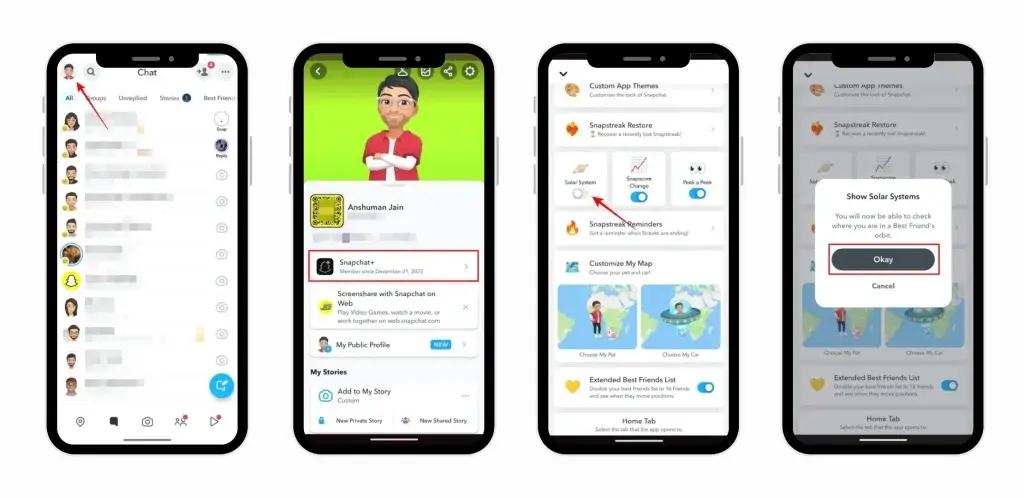
No comments yet! Be the first one to react